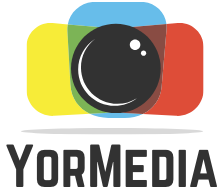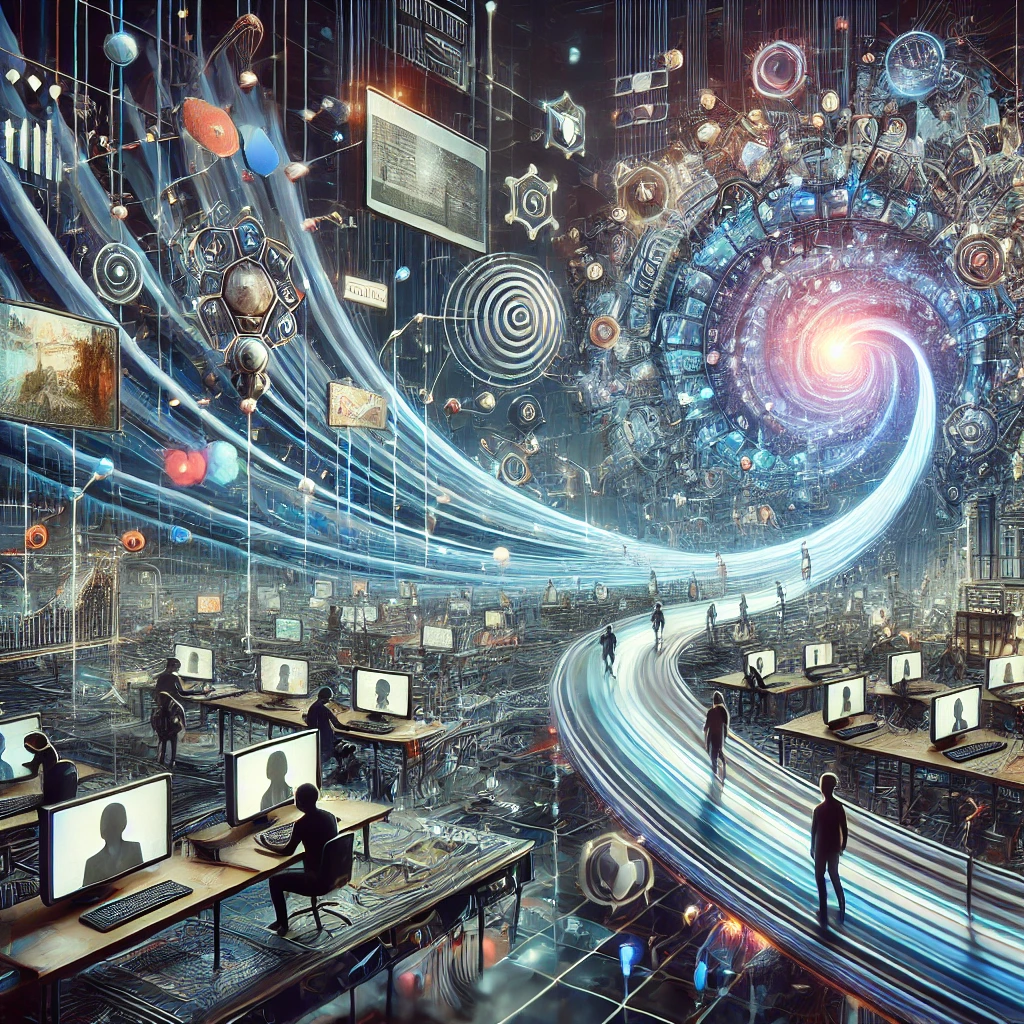Introduction: The Invisible Hand of Algorithms
Algorithms work behind the scenes, quietly orchestrating the flow of digital media. They decide what content you see, when you see it, and how often. From search engines to social media platforms, algorithms are the gatekeepers of information in today’s digital age. Their omnipresence is reshaping the media landscape, influencing not just what we consume but how we think, interact, and make decisions.
The Role of Algorithms in Content Personalization
Algorithms feed on data. Through the analysis of user behavior, preferences, and past interactions, they create highly personalized experiences. Netflix and Spotify use complex recommendation algorithms to suggest shows, movies, and songs that are tailored to individual tastes. This personalization keeps users engaged, but it also raises questions about the serendipity of discovery. When algorithms dictate choices, the scope of exploration narrows.
Algorithm-Driven Advertising: Precision Targeting
Algorithms have really revolutionized the digital advertising process. Google and Facebook, to name a couple, use state-of-the-art machine learning algorithms to deliver advertising to the relevant audience. These algorithms use the demographic data and browsing history even inferred interests so that the marketing budget is optimally spent by the business in question. All this precision targeting is beneficial for businesses but crosses the lines on privacy as they often do not know how it is being utilized.
Algorithms have changed the face of news consumption. News feeds prioritize stories according to engagement metrics, such as likes, shares, and comments. This has created a feedback loop where sensationalism often takes precedence over substance. Algorithms have made information accessible in an instant, but they can also distort public perception by amplifying certain narratives above others, which makes balanced journalism harder to find.
The Risks of Echo Chambers and Filter Bubbles
One of the most controversial effects of algorithmic media is the creation of echo chambers and filter bubbles. Algorithms feed users content that is aligned with their existing beliefs, reinforcing biases and limiting exposure to diverse perspectives. This not only polarizes societies but also stifles constructive dialogue. Breaking free from these digital confines requires intentional effort and awareness.
Algorithms and the Erosion of Organic Creativity
Algorithms shape what is created in the media industries. Content produced to succeed within algorithmic systems often favors clickability over creativity. This may result in homogenized content, where trends reign and subtle, experimental works cannot find their audience. Creators are increasingly shaping their output to algorithmic requirements, which may suppress innovation.
The Ethics of Algorithmic Power
With great power comes great responsibility, and algorithms wield immense influence over media consumption. Ethical questions arise regarding transparency, accountability, and fairness. Who decides the criteria that algorithms follow? How can biases embedded in code be identified and rectified? These questions are crucial as we navigate the algorithm-driven future of media.
Algorithms have irreparably changed the media landscape; they have managed to deliver efficiencies and personalizations at unprecedented scale. But what that means, on the dark side, are very real, and considerable problems. A future of responsible control will have to find the way between innovation by technology and an ethics that ensure algorithms serve human needs and enable, not strangle, individual self-expression.



